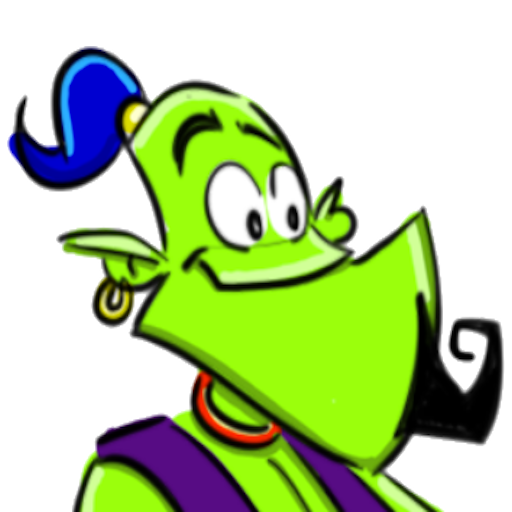During the 2018/19 academic year, INTEF developed a high-impact initiative: ‘The School of Computational Thinking’. The aim of this project was to disseminate and promote computational thinking to a large number of teachers from all the autonomous communities.
How?
Three training programmes were created:
- one for primary school, with the application of Scratch programming in Mathematics,
- another for secondary school, in which Arduino kits were provided for programming microcontroller boards,
- and the last one for high school, where kibotic was used for programming robots and drones.
Almost all the autonomous communities participated, contributing more than 1000 teachers. All programmes consisted of 3 phases: training, implementation in the classroom and research of the results collected during the first two phases. Thanks to the implementation phase, the project reached more than 15,000 students! Here are the results of the report.
AI was included
The project was very successful and was extended to include Artificial Intelligence in the 2019/20 academic year, renaming it ‘School of Computational Thinking and Artificial Intelligence’. The structure was the same both in terms of programmes (primary, secondary and baccalaureate) and development in phases: training, classroom implementation and research.
Unfortunately, the confinement we suffered due to the COVID’19 pandemic prevented the implementation phase from being carried out, as it was designed for face-to-face performance in the classroom. And, therefore, the research could not be carried out either because of the lack of data.
And so we come to the 21-22 course
The following year (2021/22) the same project was repeated (although the implementation phase was redesigned for possible online implementation). In primary school we used unplugged activities, in secondary school activities with Machine Learning for Kids (ML4K) with Scratch and in high school activities with ML4K and AppInventor.
Fortunately, this edition could be completed and the resulting research, thanks to the large amount of data available, is currently one of the most impactful works on teaching AI at non-university levels. Here is the research.
The project ended in the 2021-22 edition. In this edition, although the primary, secondary and baccalaureate programmes and the phases of training, classroom implementation and research were maintained, the contents were modified. A training pathway tree was created and each teacher could decide what he or she wanted to learn. Here is the result of the research.
My opinion is that the project ended when it was most needed. In November 2022 chatGPT was released. Since then, the number of generative AI applications has multiplied and has impacted all layers of society, especially teachers and students.
Now, EVERYONE uses AI, but we don’t know what it is. For most people AI is chatGPT. We have in our hands a powerful tool that is generally used without much control. It’s like driving without a license or climbing without ropes. More than ever we need to introduce creative programming and AI activities in the classroom.
Now, more than ever, a ‘School of Computational Thinking and Artificial Intelligence’ is needed!
